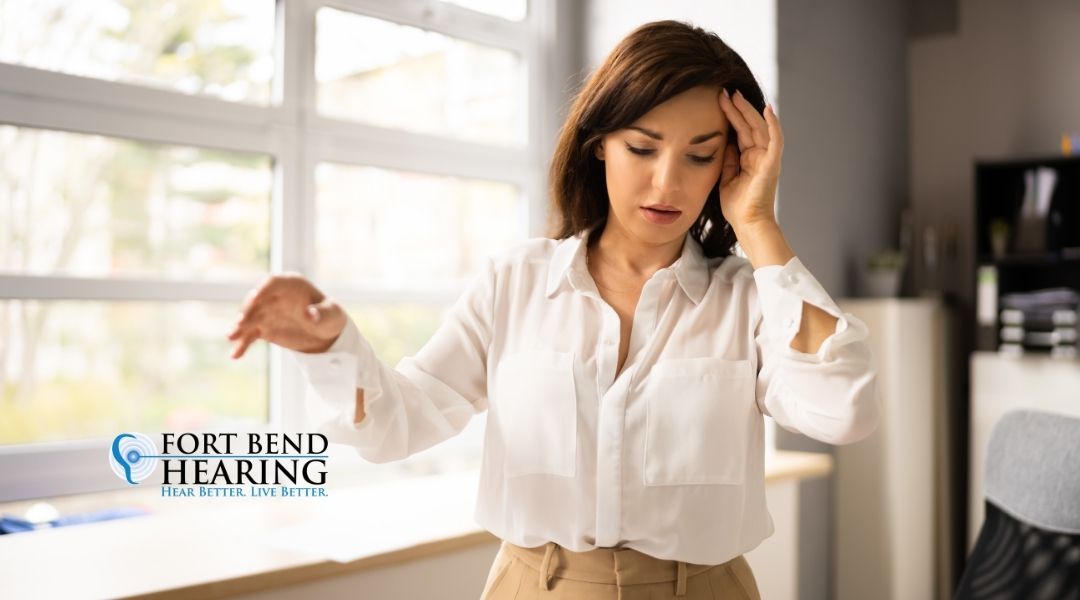Hearing aids are an essential tool for hearing loss since they enhance communication and quality of life. They do, however, have a finite lifetime, as does any technology.
Knowing the average lifespan of hearing aids is essential for budgeting and planning as well as making the most of your investment.
By being familiar with what makes hearing aids last longer or shorter, you can make more informed decisions and take steps to make your devices last longer.
Factors that affect the lifespan of hearing aids
There are several factors that can affect the lifespan of hearing aids, including:
- Quality of the hearing aid: Hearing aids that are made with higher quality materials and better manufacturing processes tend to have a longer lifespan.
- Type of hearing aid: Some types of hearing aids, such as behind-the-ear models, tend to have a longer lifespan than other types, such as in-the-ear models.
- Wear and tear: Hearing aids that are worn and used frequently will have a shorter lifespan than those that are used less frequently.
- Proper care and maintenance: Proper cleaning and maintenance of hearing aids can help extend their lifespan.
- Battery replacement: Hearing aids run on batteries, so the lifespan of the batteries will affect the overall lifespan of the hearing aids.
- Exposure to moisture and extreme temperatures: Hearing aids that are exposed to moisture or extreme temperatures can be damaged, reducing their lifespan.
How to extend the lifespan of your hearing aids
There are several steps you can take to extend the lifespan of your hearing aids:
- Follow the manufacturer’s instructions for cleaning and maintenance. This will help ensure that your hearing aids are functioning properly and are not damaged by dirt or debris.
- Keep your hearing aids dry. Moisture can damage the internal components of your hearing aids, so avoid exposing them to water or humidity.
- Handle your hearing aids with care. Avoid dropping or bending them, as this can cause damage.
- Keep your hearing aids in a safe place when not in use. This will help protect them from accidental damage.
- Use high-quality batteries. Using high-quality batteries that have a longer lifespan can help extend the overall lifespan of your hearing aids.
- Store your hearing aids in a cool, dry place when not in use.
- Have regular check-ups with your audiologist, they will check the hearing aids are fit properly and working properly.
- Keep your hearing aids updated with the latest software, this is important for the longevity of the device and its performance.
How do I know when my hearing aids need replacing?
There are several signs that may indicate that your hearing aids need to be replaced:
- Reduced sound quality: If you notice a decline in the sound quality of your hearing aids, it may be time to replace them.
- Difficulty adjusting volume: If you are having trouble adjusting the volume of your hearing aids, it may be due to malfunctioning internal components.
- Feedback or whistling: Feedback or whistling can be caused by a number of factors, including a build-up of earwax or a malfunctioning component.
- Reduced battery life: If you are noticing that your batteries are dying more quickly than usual, it may be a sign that your hearing aids need to be replaced.
- Physical damage: If your hearing aids are physically damaged, such as if they are cracked or have broken parts, they will need to be replaced.
- Outdated technology: If your hearing aids are more than five years old, the technology may be outdated and not capable of providing the same level of performance as newer models.
Audiologist and Hearing Aids in Sugar Land, TX
Fort Bend Hearing has audiologists that provide hearing aids and other hearing aid services in Sugar Land, TX, and nearby locations.
Contact us today to schedule an appointment!


